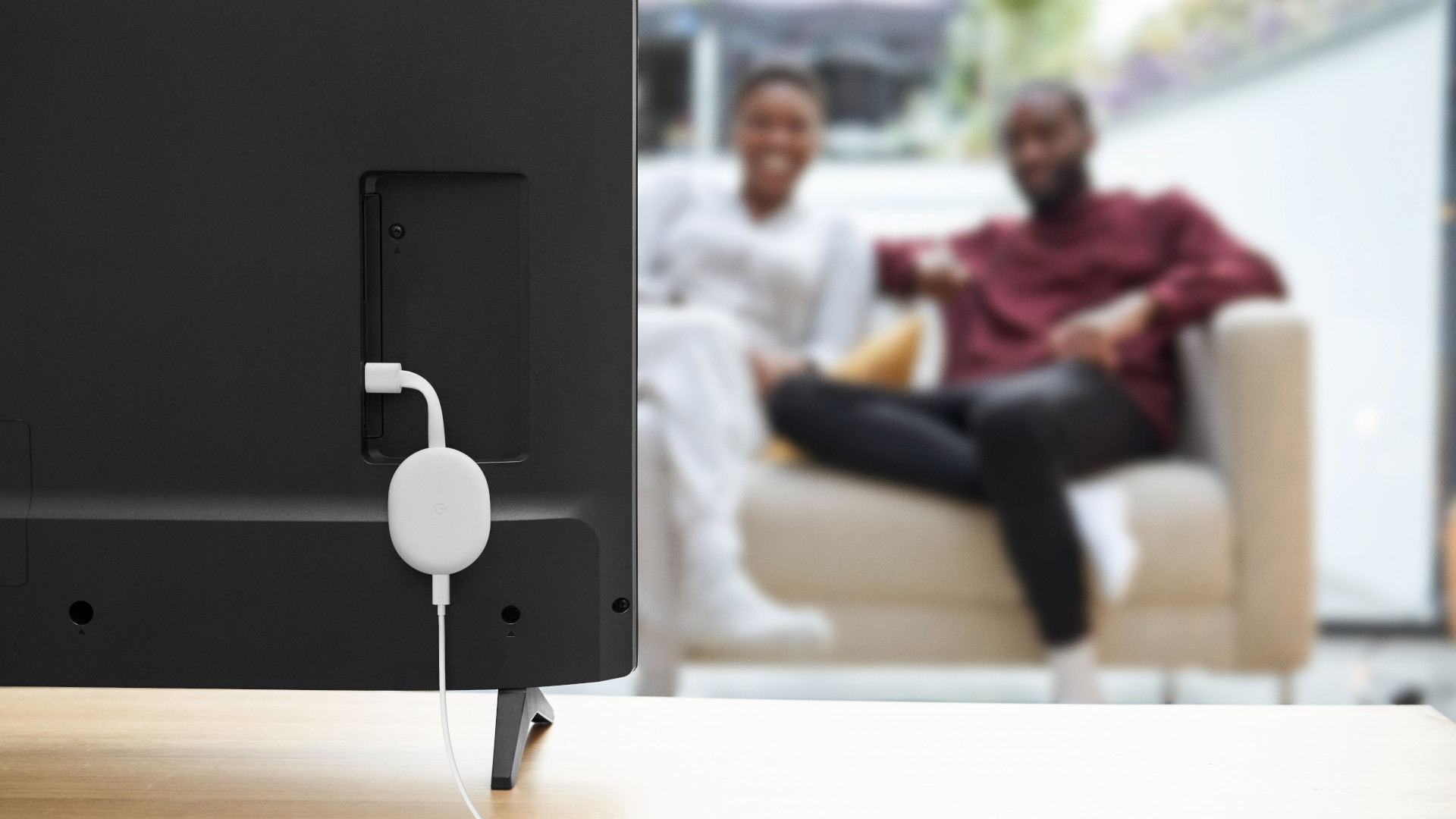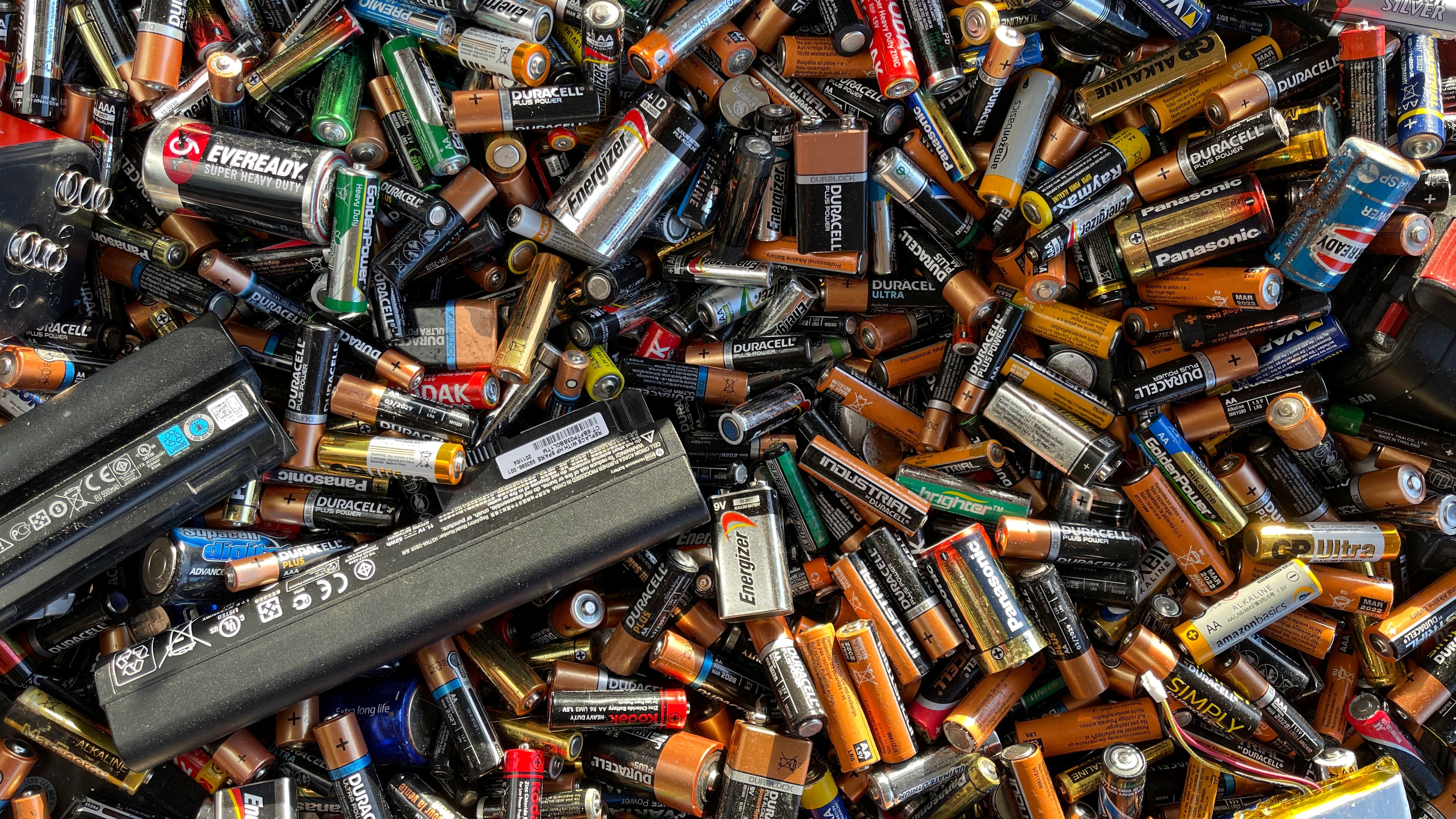Google’s next 4K Chromecast remote will wave goodbye to batteries
No more scrabbling around for the AAAs

Sign up for breaking news, reviews, opinion, top tech deals, and more.
You are now subscribed
Your newsletter sign-up was successful
Google looks to have plans to change the worst thing about its TV remotes, and it’s the same thing that’s terrible about an awful lot of controllers: batteries.
Rather than relying on annoying replaceable cells, the new Google TV remote reference design from TW Electronics – the company that produces Google TV remotes – features a photovoltaic panel. This new light-powered remote would be able to self-charge, meaning it’ll (hopefully) never run out of charge or need its battery replaced, provided it gets enough light.
Following the recent leak that teased a new Chromecast with Google TV is on the way – which will most likely be a follow-up to 2020’s Chromecast with Google TV with 4K support – we’re expecting this remote is what it’ll use. We might also see the design adopted by Google TV-powered displays from Hisense, TCL, and its other partners.
Google’s previous Chromecast isn’t quite the best streaming device ever made, but for its price it's pretty darn good, so there aren’t too many upgrades we think this next iteration needs. That being said, an improved controller would be a great enhancement as it removes another reason for us to need more single-use batteries.
Excited to announce the launch of a self charging, battery free #remotecontrol powered by indoor light. Developed with #Exeger,the device is #GoogleTV ready and easily integrated into your existing system. Get in touch with us for more details.#CES2023 #solarpower pic.twitter.com/pO1bycCC2bJanuary 12, 2023
Batteries begone
I despise batteries. Well, more accurately I hate disposable batteries, particularly the ones you’ll find in TV remotes.
That’s because they always run dry at the most awkward times. You then have to scramble around looking for a spare only to realize that you’re lousy with AAs and those coin ones, but you’re all out of the AAA batteries that you desperately need.
Then the same old scheme comes into your head: you find an underused gadget that also relies on AAAs and nab its cells for the time being. The plan works fine for a while until you come to use that now battery-less tech and you have to start the process all over again.
Sign up for breaking news, reviews, opinion, top tech deals, and more.
But even if that first part goes smoothly, you then have to dispose of the things.
You shouldn’t throw batteries out with the rest of your garbage, instead, they need to be taken to a local recycling center or collection point so the raw materials can be extracted and reused.

Here in the UK, the most convenient battery drop-off points are plastic tubs that can be found at most local grocery stores. Though I can hardly remember to take my bag for life when I go shopping – I now have a collection that'll last over 30 lifetimes. So I instead have a steadily growing pyramid of dead batteries growing in my kitchen, a monument that irks me every time I return from the shops.
And don’t even get me started on the battery-powered tech that doesn’t include any in the box…
The whole situation would be vastly improved if the items were rechargeable. And Google’s solar-powered remote would take things further as you wouldn’t even need to remember to plug it in – just keep the curtains open during the day or switch your lights on and the thing will slowly regain its lost power.
We’ll have to wait and see if TW Electronic’s reference remote design becomes a physical item, but I for one hope it does.
When the next Chromecast arrives (whether it uses the new Google TV remote or not) be sure to check out our best streaming services list so you know where to find the best TV and films.

Hamish is a Senior Staff Writer for TechRadar and you’ll see his name appearing on articles across nearly every topic on the site from smart home deals to speaker reviews to graphics card news and everything in between. He uses his broad range of knowledge to help explain the latest gadgets and if they’re a must-buy or a fad fueled by hype. Though his specialty is writing about everything going on in the world of virtual reality and augmented reality.